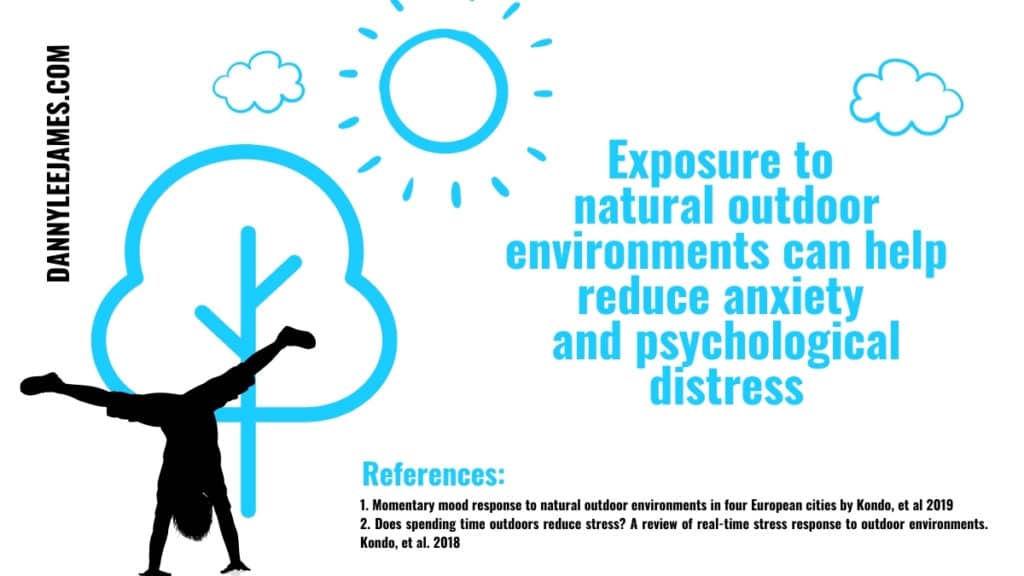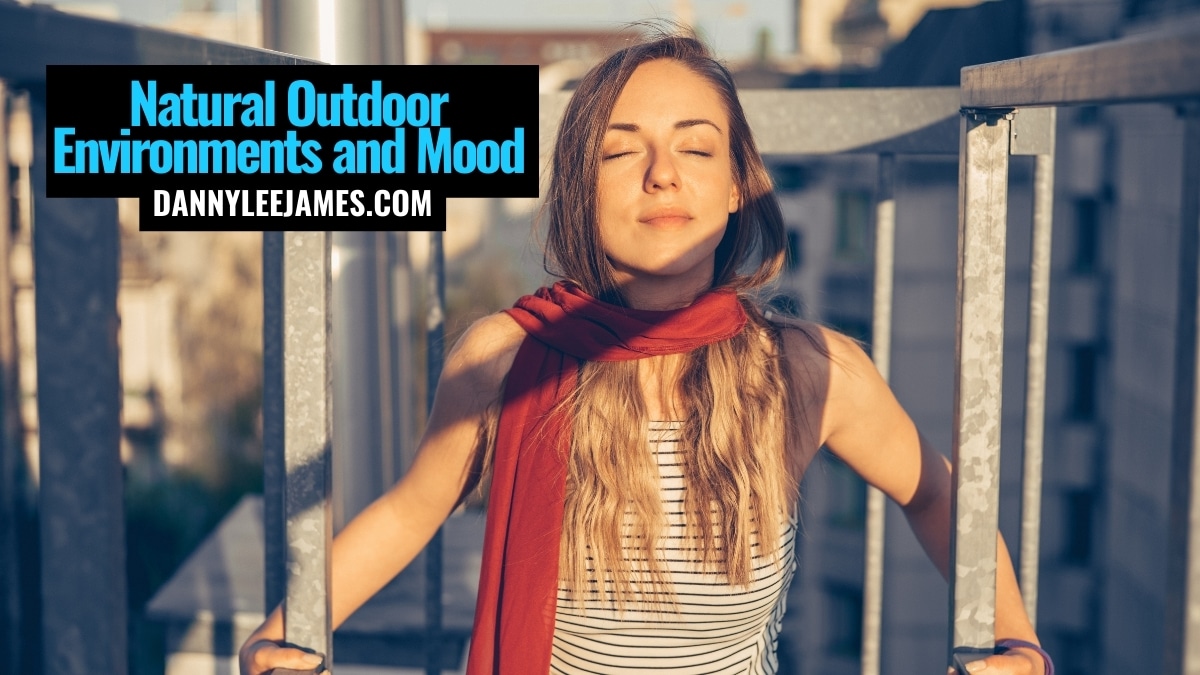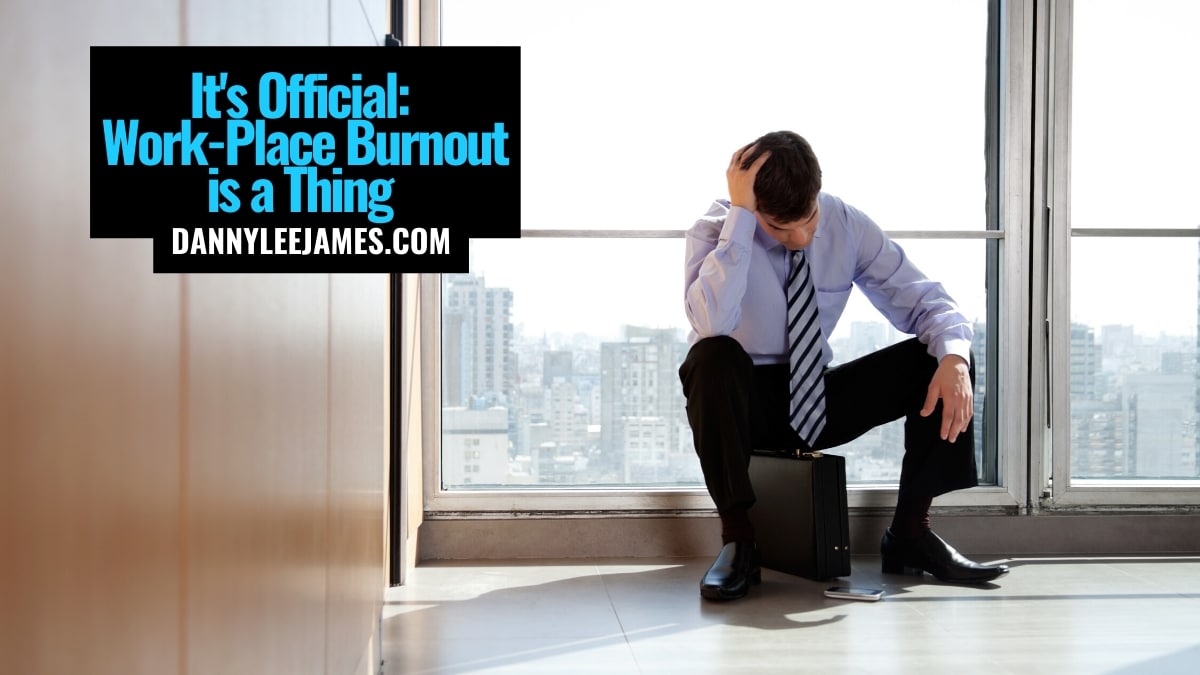Many of us are confined to the great indoors, owing to an enduring Pandemic. Mental health concerns are undoubtedly on the rise. So I thought this a great opportunity to dig into some literature on the effects of being cooped up inside. More specifically, how short exposure to natural outdoor environments can influence mood and mental health.
Happy Fristurday
Or whatever.
Just another day in iso-lame if you ask anyone in Melbourne. And as I sit here, looking out my window with ample freedoms bestowed…
I'm feeling for our Melbournese brethren, currently in the grip of tighter restrictions. An hour a day, to get what you need and get some sun is a tough pill to swallow. And as the warmer months peer in on us, I've been making an effort to get at least 30 minutes a day in the sunshine. There's something about the sun on your face and a gentle breeze on the skin that quickens the spirits. It's necessary. And there's some good research behind it, too.

Affective Response to Outdoor Environments
According to Kondo, et al 2020 (note: of no relation to the calculatingly positive Marie):
Exposure to natural outdoor environments can help reduce anxiety and psychological distress (1). This study looked at how exposure to the outdoors over 1 week influenced mood among suburban residents from all over the world.
The study reached participants in the UK, Spain, The Netherlands, and Lithuania. They found that 10 min of natural outdoor environment exposure, compared to non-exposure, had a positive effect on mood.
These findings support growing evidence of the many psychological benefits of exposure to natural outdoor environments. Particularly among urban populations. Which is to say, this is a fascinating area of study exploring just how much one's environment matters.
A common finding is that exposure to nature can affect various sides of mental health such as cognitive function, depression, and mood. Some of the very things under threat in the face of the current global crisis.

Another study looked at stress responses to deliberate exposure to outdoor, mostly natural, environments (2). The exposure types included:
- Nature viewing
- Outdoor walks
- Outdoor exercise
- Gardening
They found that spending time outside in nature could help lower stress.
Related: Exercise and Mental Health Benefits
In fact, it turns out that just seeing flowers and plants can also be a powerful positive emotion “inducer” in humans (3).

Final Thoughts
So there you go. All the more reason to try and get outside, and get a bit of the gold stuff when you can. Especially, during these troubling times.
Especially for our friends to the south in Melbourne, currently suffering some of the harshest lockdown measures on the planet. And hey, if you can't make it to the great outdoors just yet, then let the great outdoors come to you.
References
- Momentary mood response to natural outdoor environments in four European cities by Kondo, et al 2019
- Does spending time outdoors reduce stress? A review of real-time stress response to outdoor environments. Kondo, et al. 2018
- An environmental approach to positive emotion: Flowers. Haviland-Jones, et al. 2005
Related
- Psychological Stress and Injury Restriction
- Exercise and Mental health Benefits
- It's Official: Work-Place Burnout is a Thing
- New Science of How Sitting Maims Your Health








[…] Go outside often […]